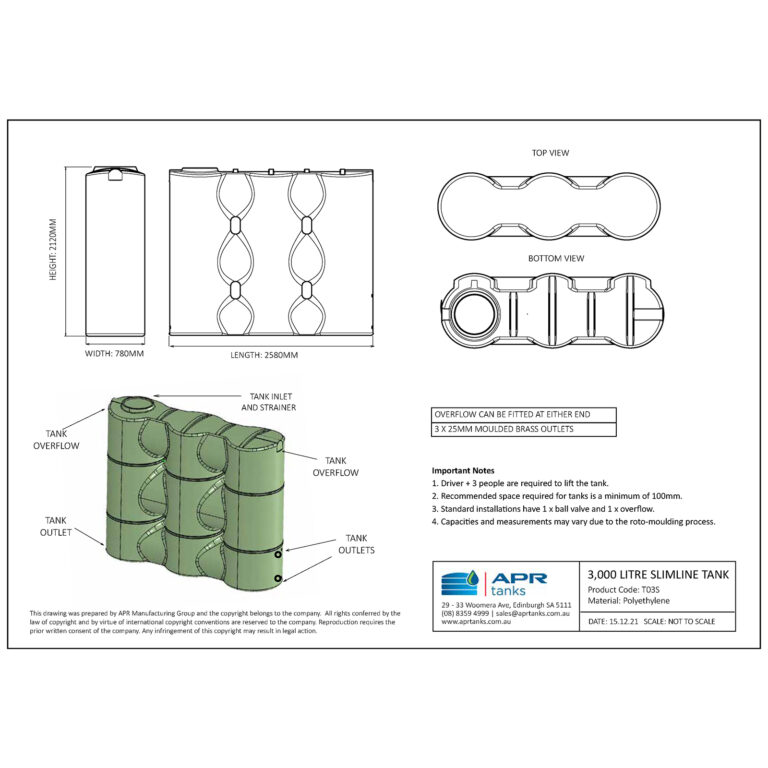Slimline Water Tanks: Trendy and Practical for Modern Houses
Slimline Water Tanks: Trendy and Practical for Modern Houses
Blog Article
Checking Out the Numerous Uses Rain Containers for Residential and Commercial Residences
As the global focus on lasting living practices remains to increase, the usage of rain containers in both domestic and business setups has arised as an important remedy. These tanks use a storage tank for rain harvesting, presenting a myriad of potential applications that expand far beyond simple storage space. From irrigation to toilet flushing and landscaping, the adaptability of rain tanks is vast. Their integration right into business buildings opens up a world of possibilities for eco mindful companies. The diverse uses rainwater containers provide a compelling instance for their fostering, not only as a practical water-saving measure however also as a testimony to accountable source administration.
Advantages of Making Use Of Rainwater Containers
Using rain storage tanks offers various advantages for both families and areas in terms of water conservation and sustainability. Among the crucial advantages of using rainwater containers is the considerable reduction in dependence on mains water supply - Slimline water tanks. By capturing and saving rainwater for later use, individuals and areas can lower their need for cured water, inevitably alleviating the burden on water therapy facilities and decreasing power usage connected with water transportation and therapy
Additionally, rainwater harvesting via containers offers a dependable different water source throughout times of water constraints or scarcities. This kept rain can be utilized for different non-potable purposes such as irrigation, flushing toilets, and washing clothing, decreasing the strain on standard water sources. Furthermore, using rain storage tanks can result in cost financial savings for both families and neighborhoods by lowering water expenses and decreasing the requirement for expensive facilities expansions to fulfill expanding water demands.
In essence, the use of rainwater containers provides a lasting and ecologically friendly strategy to water management, benefiting both private customers and the wider community in regards to water preservation, cost-efficiency, and strength.
Rainwater Container Use in Irrigation
Offered the advantages of rain containers in saving water resources and lowering dependence on mains supply of water, a considerable application exists in using stored rainwater for watering objectives - Slimline water tanks. Rain harvesting systems can properly accumulate and save rain, offering a lasting water resource for sprinkling gardens, yards, and agricultural fields. By utilizing rainwater for watering, building proprietors can lower their dependence on cured water sources, causing set you back savings and ecological advantages

One of the key advantages of utilizing rainwater for irrigation is its purity. Rainwater is normally soft and devoid of the chemicals and ingredients often located in keys water, making it perfect for nourishing plants without the risk of damaging effects. Additionally, rainwater is at ambient temperature, which can benefit plant growth by avoiding temperature level shocks that can occur with cool mains water.
Rainwater Tanks for Toilet Flushing

Implementing rainwater storage tanks for toilet flushing is a cost-effective and eco friendly technique that can be quickly incorporated into both residential and industrial homes. The stored rain can be used to purge toilets by linking the container to the existing plumbing system. This straightforward yet efficient remedy can substantially lower water usage in a structure, particularly in locations where water scarcity is a worry.

Incorporating Rainwater Tanks in Landscaping
These tanks can catch and store rain overflow from roofs, which can then useful link be used for sprinkling yards, lawns, and plants. By making use of rainwater for watering purposes, property owners can lower their reliance on local water sources, leading to cost financial savings and conservation of valuable water sources.
In addition to giving a sustainable water resource for landscape design needs, rain containers can also assist in taking care of stormwater runoff. By catching rain that would otherwise move right into storm drains, these containers can mitigate erosion, lower flooding risks, and avoid contamination of all-natural water bodies. Including rain containers in landscaping can contribute to the overall aesthetic charm of the residential property, showcasing a dedication to ecological stewardship.
Business Applications of Rain Tanks
Making use of rain tanks in commercial settings offers a sustainable solution for water management and conservation, benefiting businesses and the environment alike. Commercial applications of rain containers vary and significantly preferred as a result of the price financial savings and ecological benefits they supply. One crucial industrial use is for irrigation purposes, where harvested rain can be utilized to water landscaping, gardens, and agricultural areas bordering industrial properties. This can lead to significant reductions in water costs and dependence on local water resources.
Furthermore, rainwater gathered in storage tanks can be treated and utilized for non-potable objectives within industrial buildings, such as flushing toilets, cleansing, and cooling down systems. In general, the consolidation of rain storage tanks in industrial settings offers a practical and eco responsible approach to water monitoring.
Verdict
Finally, rainwater storage tanks supply various benefits for both residential and business homes. From irrigation to bathroom flushing and landscape design, making use of rain storage tanks can help save water sources and minimize water costs. Furthermore, incorporating rainwater containers in industrial settings can cause considerable price financial savings and ecological advantages. On the whole, the adaptability and sustainability of rainwater storage tanks make them useful reference an important investment for any kind of homeowner aiming to boost water effectiveness.
Report this page